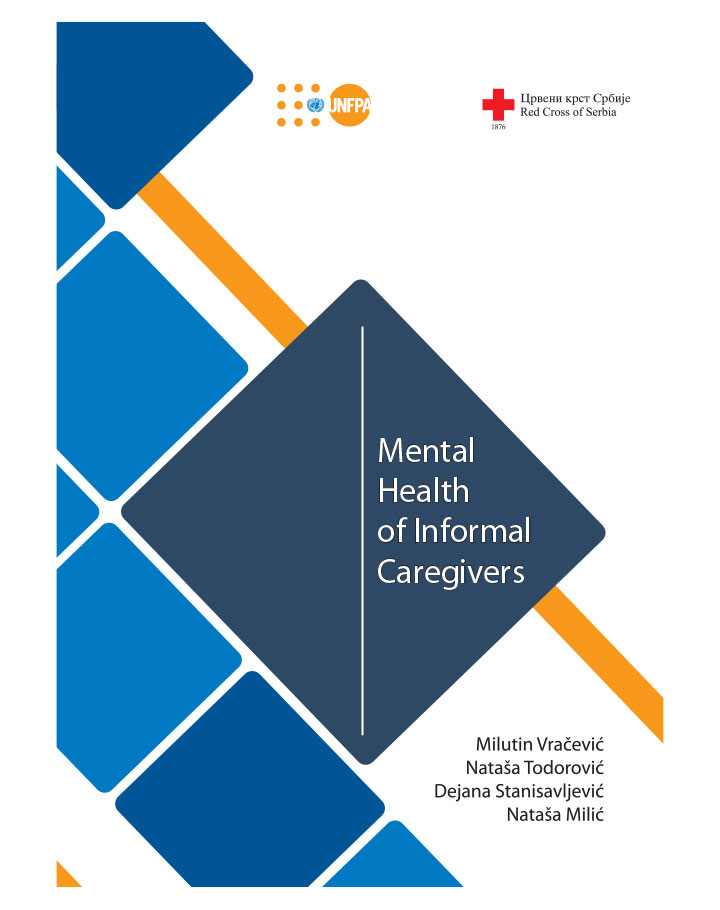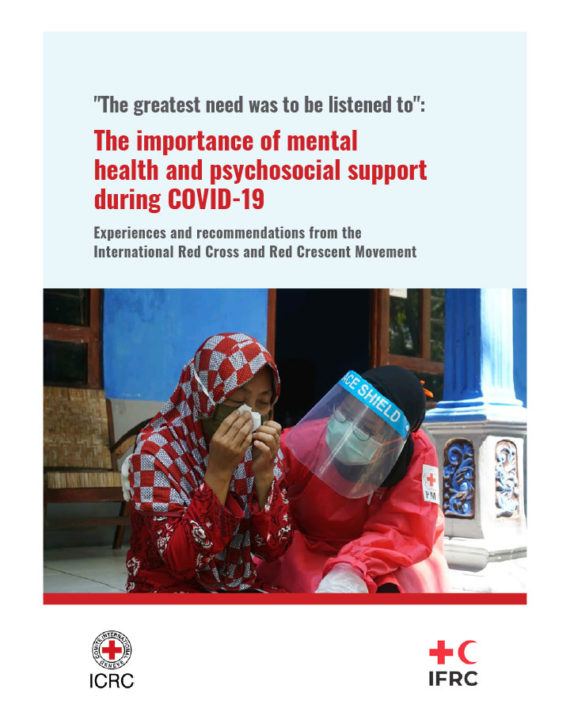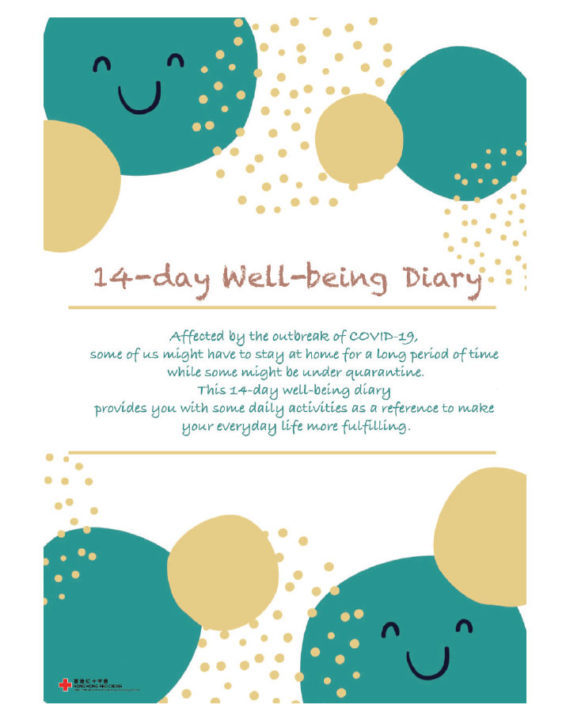“Mental health of informal caregivers” is a publication in which the results of the research implemented by the Red Cross of Serbia are presented. The research had 798 informal caregivers from 41 municipalities in Serbia participating. The main goal of the research was to look at the impact and effects of informal care (especially during the COVID-19 epidemic) on mental health of caregivers and to, based on the results of the research, develop recommendations for planning and development of public policies to improve their quality of life, promote the improvement of their mental health and develop support services.
The age of the surveyed informal caregivers ranged from 18 for the youngest participant, to 92 for the eldest. The largest number of the polled informal caregivers provide care to one person (84.9%), 12.6% provide care to two persons, and 2.6% provide care to three or more people. presents was created within the project.
Some of the results show that:
- Mild depression was present in 11.2% of informal caregivers, and moderate depression in 8.6% of respondents. Seven percent of informal caregivers were severely depressed.
- During the pandemic, informal caregivers needed protective equipment (32%), information (29.3%), while 18.5% of informal caregivers needed additional support and 14.8% of informal caregivers needed hygiene items.
- Also, 67.3% are now more concerned about own health and/ or health of the person they provide care to.
Informal caregivers of poorer self-assessed health, who provide care to a person with a higher degree of complexity and dependence in performing basic activities of everyday life, with insufficient financial resources to meet the needs of the person being cared for and a longer duration of day care have a higher overall burden.
The research was conducted thanks to the financial support of the United Nations Population Fund (UNFPA).
Authors: Milutin Vracevic, Natasa Todorovic, Dejana Stanisavljevic and Natasa Milic




